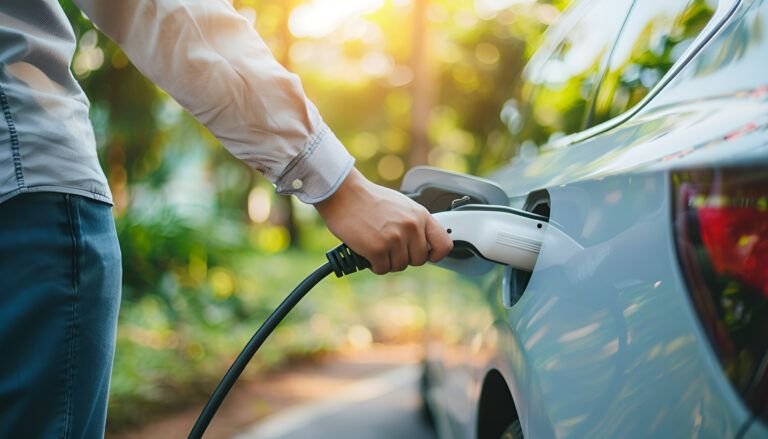Electric Vehicles Now Match Gas and Diesel Cars in Lifespan
A groundbreaking study by researchers from the UK, US, and Switzerland reveals that battery-powered electric vehicles (EVs) now last as long as gas (petrol) and diesel cars. Additionally, the study highlights that EVs are more reliable than traditional fossil-fuel-powered vehicles, marking a major milestone in the transition to sustainable transportation.
Comprehensive Study on Vehicle Longevity
The research team analyzed data from 300 million test records collected by the UK’s Ministry of Transport (MOT) between 2005 and 2022. By examining the long-term reliability and survival rates of battery-powered, gas, and diesel vehicles, the study provides critical insights into vehicle durability.
Key Findings: The Evolution of EV Reliability
- Early battery electric vehicles (BEVs) were initially less reliable than internal combustion engine (ICE) cars.
- Recent technological advancements have significantly improved EV reliability and lifespan, even under intensive use.
EV Reliability & Lifespan: A Remarkable Improvement
EVs have shown the fastest improvement in reliability compared to traditional vehicles:
🔹 Annual failure rate reduction:
- EVs: 12% decrease in failure likelihood per year
- Gas cars: 6.7% decrease per year
- Diesel cars: 1.9% decrease per year
🔹 Current EV lifespan:
- Average lifespan: 18.4 years
- Average mileage: 124,000 miles (exceeding gas cars)
🚗 Top performers in EV longevity:
- Tesla produces the longest-lasting EVs
- Audi and Skoda rank as the most reliable EV brands overall
Sustainability & Environmental Benefits
Despite higher initial emissions from production, long-lasting EVs quickly offset their carbon footprint, making them a sustainable long-term solution. As Europe shifts towards renewable energy, BEVs will play a crucial role in reducing carbon emissions.
Policy & Consumer Impact
🔹 Reliable data for consumers – Helps buyers make informed vehicle purchases
🔹 Guidance for policymakers – Supports regulations and incentives for durable, eco-friendly vehicles
🔹 Planning for EV recycling – Ensures efficient fleet replacements and sustainable end-of-life treatment
A Major Step Toward Net-Zero Transportation
Dr. Viet Nguyen-Tien, Research Officer at the Centre for Economic Performance (CEP) at the LSE, emphasizes:
“Battery electric vehicles are no longer a niche option. They are now a viable and sustainable alternative to traditional cars—a significant step towards achieving a net-zero carbon future.”
This study underscores the growing role of technological advancements in accelerating EV adoption and shaping the future of transportation.
4o














Post Comment